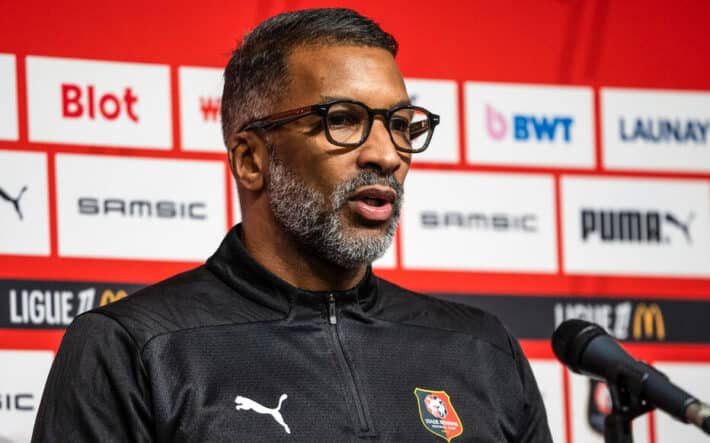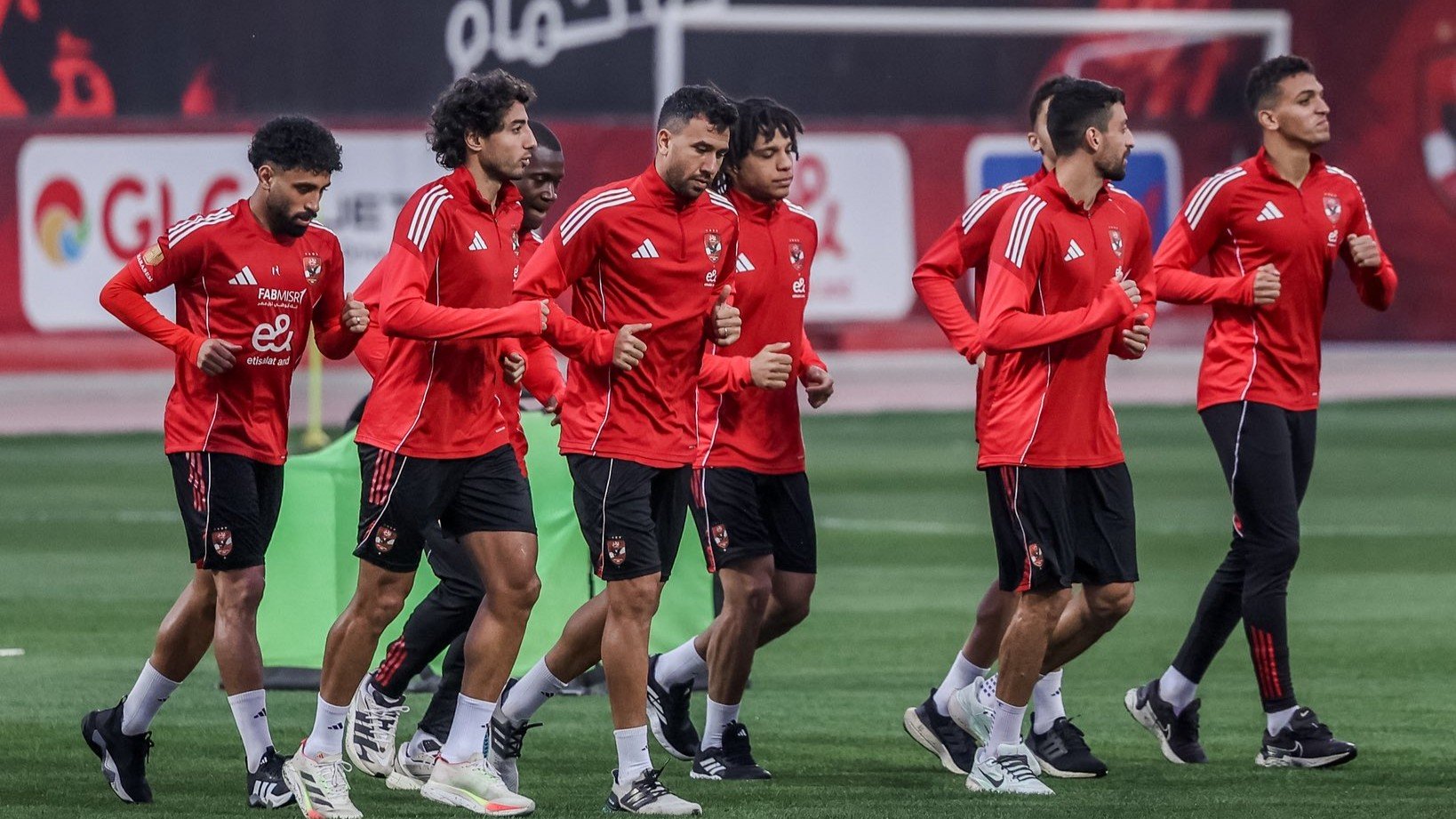Habib Beye slams refereeing after Rennes defeat to Marseille

Rennes manager Habib Beye issued strong criticism of the officiating following his side’s 4-2 loss to Marseille in their final Ligue 1 fixture of the season.
Despite delivering a spirited performance at the Stade Vélodrome, Beye’s side were undone by a clinical Marseille, who capitalised on key moments to secure all three points.
Speaking after the match, Beye did not shy away from voicing his discontent with referee Jérémy Pignard’s decisions, suggesting the official may have been swayed by the intense home atmosphere.
“There was a moment in the game where Mr. Pignard made a decision in the atmosphere of the stadium,” said Beye. “We’re going to kill football with that kind of decision.”
The Rennes boss took particular issue with the awarding of the first of two penalties given to Marseille.
While he conceded there was little to argue about the second spot-kick, he questioned the logic behind the first call, describing it as harsh and puzzling.
“The second penalty awarded to OM, I have no problem, the first, the proximity that there can be between two players in a situation like this, I ask myself the question,” Beye explained. “How can Ismaël Koné cut off two limbs and his arms no longer exist? That’s what bothers me a little in a match like this.”
Beye’s frustration was not limited to the referee alone.
His remarks reflected a broader concern about the influence of external factors—such as crowd pressure—on officiating, particularly in high-stakes matches.
The Vélodrome, known for its passionate supporters, played host to a charged atmosphere that Beye believes may have affected key decisions during the game.
Nevertheless, the Rennes coach remained gracious in defeat, acknowledging Marseille’s quality and their effectiveness in front of goal.
“OM deserved their victory,” Beye admitted, “but I regret that poorly controlled decisions could have influenced the outcome of the match.”
The loss leaves Rennes with much to reflect upon at the close of the campaign, while Marseille can celebrate a strong finish buoyed by their fans and a decisive performance.
For Beye, however, the match serves as a painful reminder of how officiating remains a crucial—and often contentious—element in the game.












